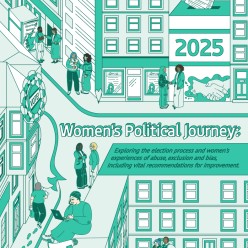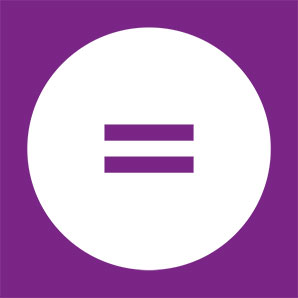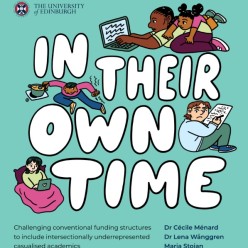Hello
We are Engender, Scotland’s feminist policy and advocacy organisation
What we do
We work to dismantle structural sexism to increase women’s social, political and economic equality, and enable women's rights. We believe in intersectional, inclusive feminism, and work at Scottish, UK and international level to produce research, analysis, and recommendations for intersectional feminist legislation and programmes.
Sign up to our mailing list
Receive key feminist updates direct to your inbox:
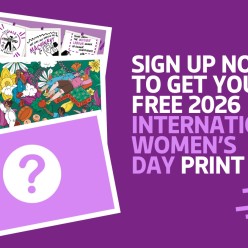
-248.png)
-248.png)
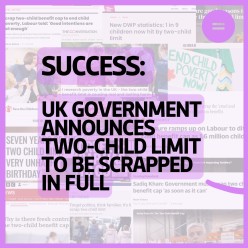
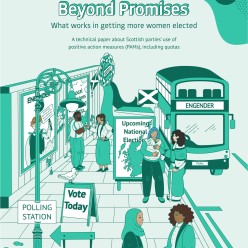
-248.png)
-248.png)
